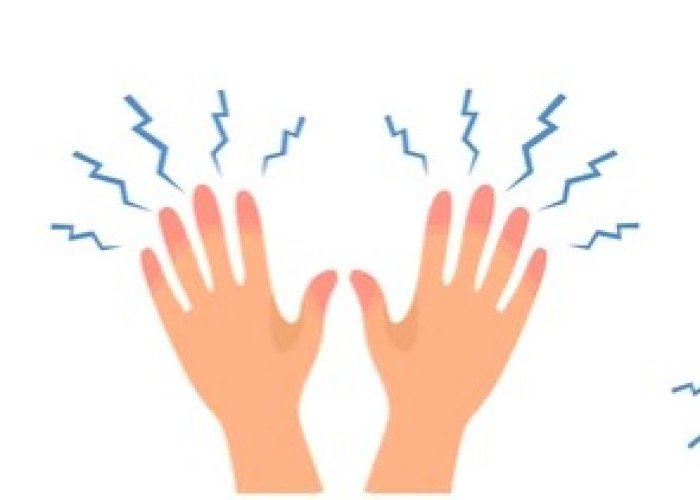 Welcome
Welcome
“May all be happy, may all be healed, may all be at peace and may no one ever suffer."
Blindness - Homeopathic remedies
Blindness refers to a condition in which a person is unable to see or has severely impaired vision. There are many causes of blindness, including eye injuries, genetic disorders, infections, diseases such as glaucoma and macular degeneration, and certain medications.
Blindness can be classified as partial or total, and can be temporary or permanent. It can affect one or both eyes, and can range from mild impairment of vision to complete loss of sight.
There are several treatments for blindness, depending on the cause and severity of the condition. For some types of blindness, such as cataracts or glaucoma, surgery or medication may be effective in restoring or preserving vision. In cases of irreversible blindness, rehabilitation and assistive devices such as braille or guide dogs can help individuals adapt to their condition and live independently.
Prevention of blindness involves regular eye exams and early detection and treatment of eye diseases and conditions. Wearing protective eyewear, avoiding eye injuries, and maintaining a healthy lifestyle can also help prevent certain types of blindness.
If you experience sudden loss of vision or severe impairment of vision, seek medical attention immediately. Early diagnosis and treatment can often prevent or minimize the progression of blindness.

Bleeding

Vibration in body

Too much sleep

Migraine

Fever

Bleeding from uterus

Heart failure

Kidney inflammation
Blindness, অন্ধত্ব
To be happy, beautiful, healthy, wealthy, hale and long-lived stay with DM3S.
